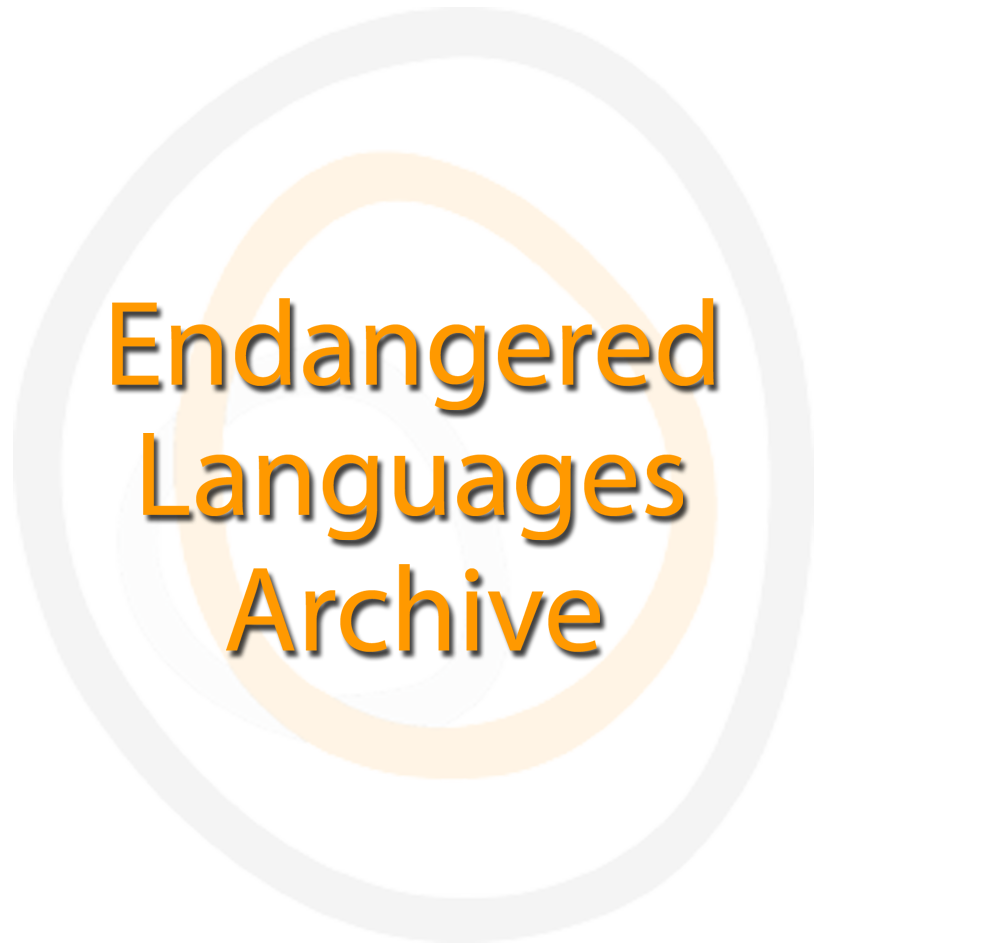Documenting the Bayot language
| Language | Bayot (ISO639-3:bda), Ehin, Kugere, Kusikinaay |
| Depositor | Mbacké Diagne |
| Affiliation | CNRS-LLACAN |
| Location | Senegal |
| Collection ID | 0358 |
| Grant ID | IGS0021 |
| Funding Body | ELDP |
| Collection Status | Collection online |
| Landing Page Handle | http://hdl.handle.net/2196/9c406dc7-8ab5-4ab9-9e88-9d9cff754e52 |
Summary of the collection
The collection will include audiovisual documentation of the language and its oral narratives. It will also include data that lead to the doctoral dissertation on a phonological, morphological and morpho-syntactical description of the Bayot language, a multilingual dictionary of 5000 items and a spelling book for adult literacy.
Group represented
Speakers of the Bayot language living in the Senegalese South-West zone
From post colonial era until these days, the Bayot people, a minority ethnic group, have been living under the threat of insecurity due to wars between kingdoms, slave trade and presently the Casamance rebellion. This last calamity has disseminated the quasi-totality of the Bayot villages, scattering thus the Bayot language speakers in foreign areas where they themselves communicate using other languages (they speak Fogny most of the time when away from home; French is used too mainly by schooled members of the community).
Language information
Bayot is a Niger-Congo, West-Atlantic, Bak language of the Joola sub-group. This language is spoken in a Senegalese South-West zone that covers the prefecture of Nyassia, and mainly comprises three dialects: Ehin, Kugere, and Njambalaan. Nevertheless, according to my informants, speech differs from one village to another.
From the post colonial era until today, the Bayot people, a minority ethnic group, have been living under the threat of insecurity due to wars between kingdoms, slave trade, and, presently, the Casamance rebellion. This last calamity has caused disintegration of the Bayot villages (there are at least 15 villages), scattering the Bayot language speakers in foreign areas where they communicate using other languages. In fact, they see the use of other languages as a safety strategy.
This situation has considerably reduced the number of language users so that Bayot is an endangered language that needs a scientific description and resource building for language maintenance and the development of literacy.
Collection history
From the depositor:
‘Good relationships have been established between the participants from the language community and me since 1999 when I started my MA thesis on the phonology of their language. I did some investigation in Dakar suburbs and found a family, the Bassènes, who were very supportive when informed of my aim to document their language, and have been totally engaged in my research activities. They arranged meetings with parts of the community in Dakar (the situation was very difficult to deal with in the rural zone because of the civil war) and from two informants I went up to a group of 6 members (students and teachers) representing different dialects of the language.
For the project’s sake, Mr Khouma, specialist on African Language dictionary and didactic material building, and three joola students of the linguistic department will join the previous in group workshops in order to help reach all the project objectives. They will be indulged in data collecting and oral translation of items orally presented to them in French. In the course of the research some of the main informants will be initiated in phonetic transcription in order to make them able to write down in their own language oral texts from oral traditions and day-to day conversations. A temporary alphabetic list of bayot will be produced to help them initiate other members of the commuty to be interested in the research’.
Acknowledgement and citation
To refer to any data from the collection, please cite as follows:
Diagne Mbacké. 2018. Documenting the Bayot language. Endangered Languages Archive. Handle: http://hdl.handle.net/2196/00-0000-0000-000F-BF3B-D. Accessed on [insert date here].


